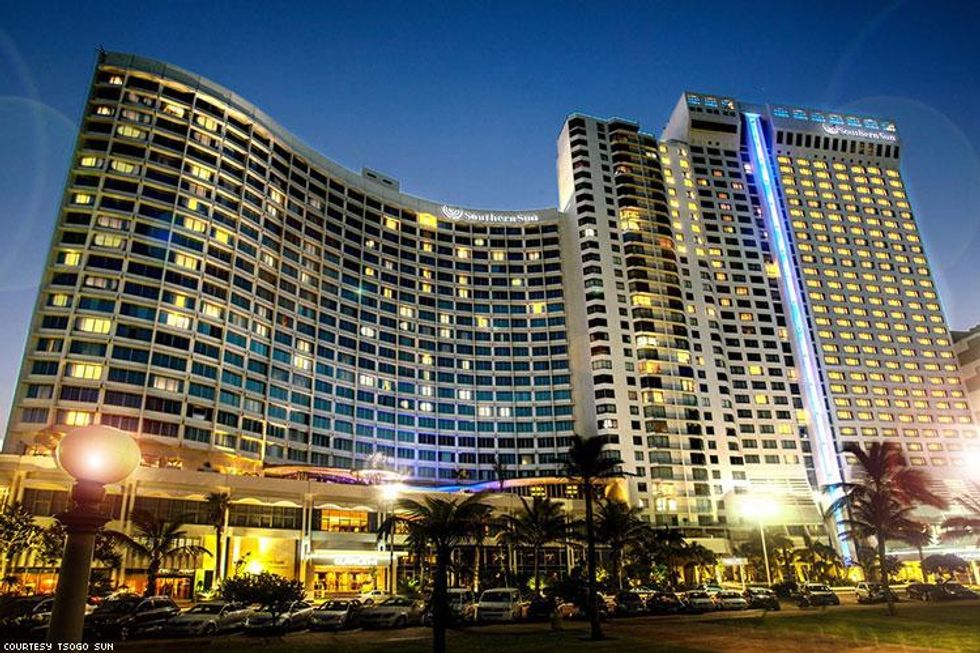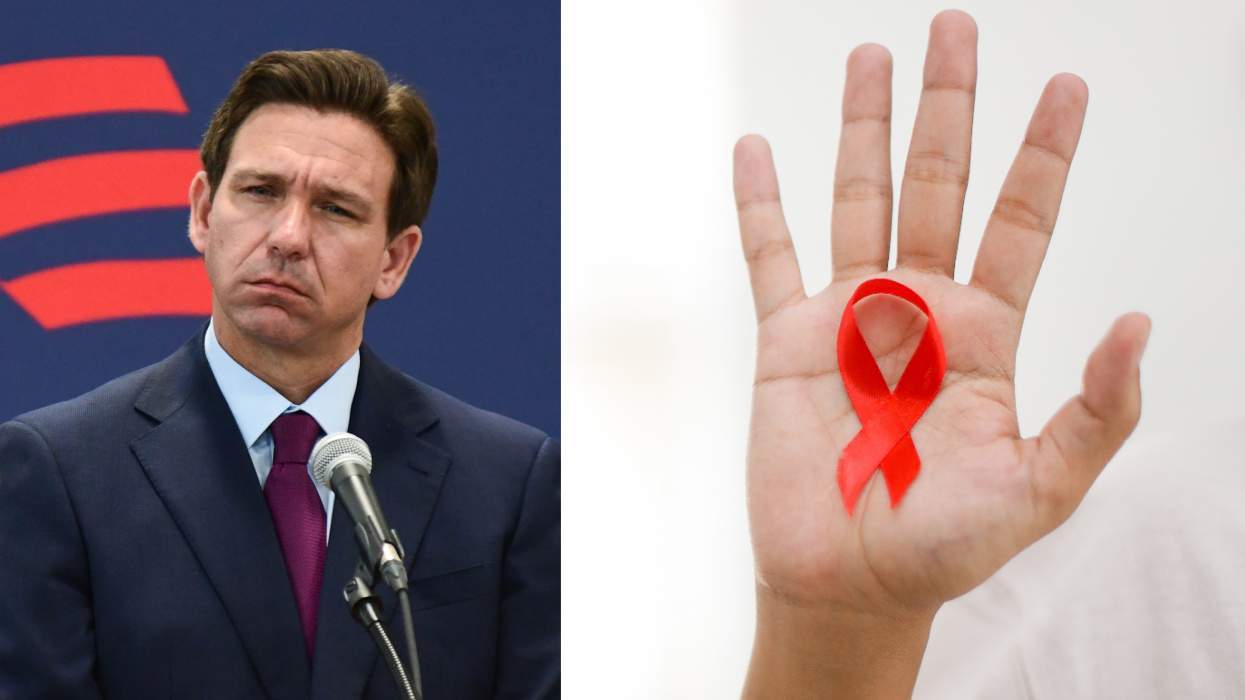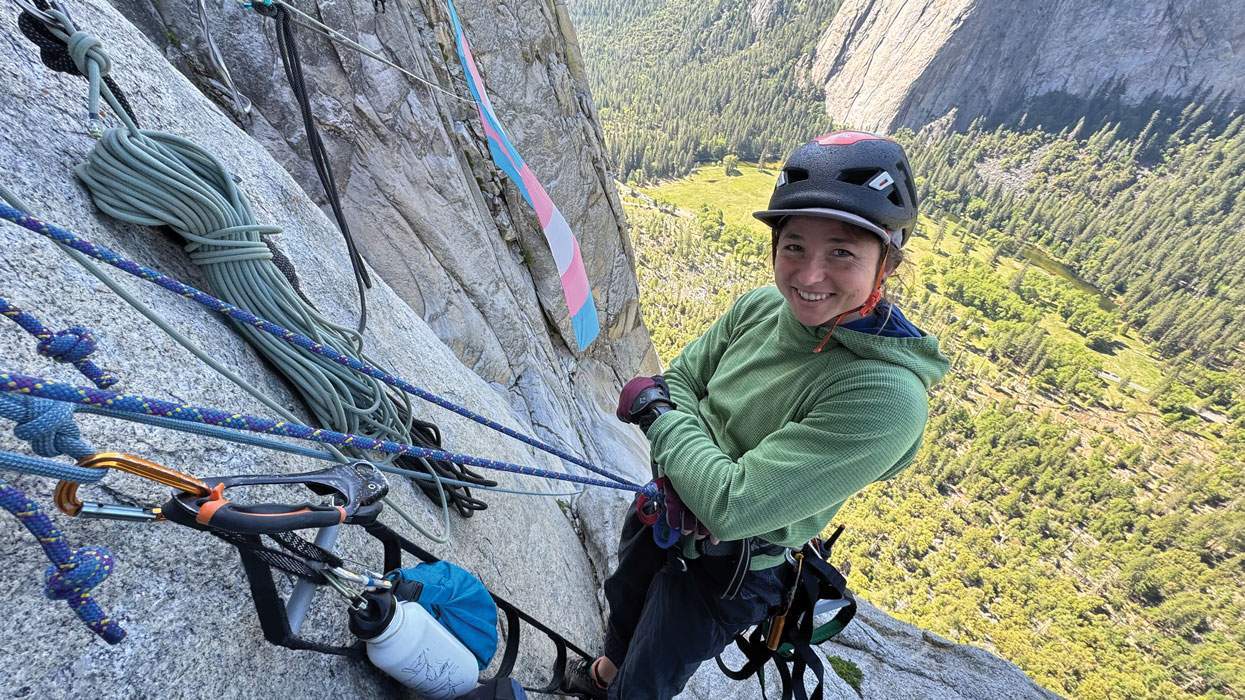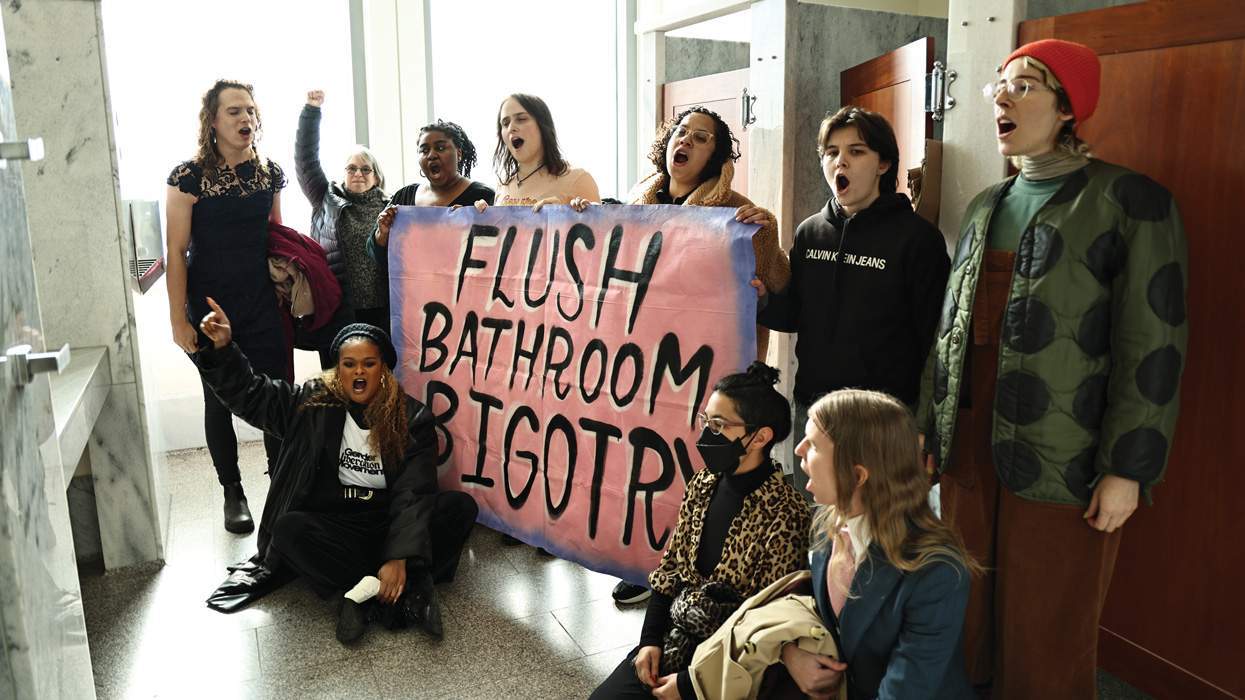From reading Nelson Mandela's Long Walk to Freedom in high-school, to participating in divestment protests in college, to the shout outs to freedom fighters like Steven Biko and Winnie Mandela in hip-hop songs -- many Americans learned the name of Mandela's South African township, Soweto, as kids. There's something incredibly powerful about visiting these locations in real life. Stop at Apartheid Museum in Johannesburg to learn more about that era of South African history.
South Africa is currently reaping the benefits of the "Wakanda Effect," via the popularity of Black Panther. Although very little of the footage was shot in South Africa, much of the film's fictional country of Wakanda borrows from South Africa's history. The hero's journey parallels that of Shaka kaSenzangakhona (known in the west as Shaka Zulu) one of the most influential chieftains of the Zulu Kingdom. Wakandans speak the Bantu language of the Xhosa (Mandela's tribe). An official language of South Africa, Xhosa is still spoken by over 7 million people.
The Real South Africa is a (U.S.-based) tour operator that has begun using 844-WAK-ANDA as its contact number to capitalize on the connections between the film and the nation. Winter in the U.S. is summer in South Africa, so this time of year is a great time to visit.
Visiting South Africa now is particularly thrilling as the country is celebrating Nelson Mandela's centenary. Widely referred to by his tribal honor title of Madiba, Mandela, the nation's first black president, passed away in 2013 at the age of 95. He would have turned 100 in December 2018.
The South African government has taken this opportunity to commemorate Nelson's life and legacy with a series of events, exhibitions, and performances designed to foster a more inclusive society that promotes diversity and social justice.
There are few world leaders as revered as the late Mandela, who served as president from 1994-1999 after being imprisoned for nearly 30 years and spending much of his life as an enemy of the state for his efforts against apartheid. Mandela's legacy informs the nation's modern identity, indeed even their current constitution (which enshrines LGBTQ equality, including the right of marriage) was adopted during his administration.
Mandela's struggles against oppression are seen by the country's LGBTQ community as paralleling their own on-going efforts for true equality and protection from discrimination.
Jason Fiddler who founded South Africa's first LGBT travel agency, Pinq Travel, met me on the roof deck of the Southern Sun Elangeni & Maharani hotel (TsogoSun.com, pictured opposite), overlooking Durban's beach--which had the most beautiful sunrise I have ever seen. "Durban's famous for its sunrises and Cape Town for the sunsets," Fiddler says.
What makes South Africa so wonderful to visit, he adds, is the fact that the country "has dozens and dozens of African, Asian, and European cultures that melded with the African veld, brought their cuisine and faiths and words to this tip of the continent, and fused them into a truly unique and engaging cultural identity."
In sharp contrast to the rest of the African continent, South Africa's constitution ensures LGBTQ equality. That isn't always reflected in daily life, but Fiddler argues most tourists won't encounter issues. He explains, "the occurrences of LGBT discrimination in South Africa are predominantly found in the poor slums, townships, and rural villages where apartheid's legacy of poverty and inequality remain a potent encouragement of patriarchy; a toxic masculinity that sees strong women, and lesbians especially, as a direct threat that, sadly, often leads to violent confrontation."
After 20 years in the tourism industry, Fiddler says, "I can confidently say that very, very few instances of visitors experiencing overt homophobia have occurred in South Africa. The LGBT tourists whom I have spoken to have experienced predominantly warmth and acceptance in their travels across the countryside and in cities."
Renowned South African journalist Rehana Rossouw, is a black lesbian and author of New Times, a bestselling novel here. It takes place during the Mandela years and speaks to some of the missteps made then, that still reverberate to the present.
"I am married to a white woman, and we would not have been able to live together in the same house during apartheid, let alone love each other," Rossouw says. "There were laws forbidding both practices."
Legislation forbade LGBTQ love under apartheid, but Rossouw knew many couples who lived openly together by the 1980s, the last decade under the segregation. There were apartheid laws that prohibited love across color and those laws applied to everybody, queer or straight.
"Most of my teenaged dancing and pool playing were in gay clubs in Cape Town," Rossouw recalls. "I was a fag hag and a Madonna whore. I didn't dress like my idol [though], strictly jeans and T-shirt with a slogan. My fondest desire was that Madonna... adopts me!"
Nowadays, the author says there are ongoing efforts to increase tolerance and acceptance of LGBTQ people and same-sex relationships in South Africa.
"Gay couples can marry and adopt, use sperm banks and surrogates, get paid maternity and paternity leave, and have spousal inheritance and citizenship rights. We also grant refugee status to people who have been stigmatized and persecuted because of their sexual orientation. But there is stigma, fanned by Pentecostal churches and some traditional leaders."
Still, she has never had to disguise her love for wife Julia Grey: "Our honeymoon was a year-long drive through Africa. We celebrated our anniversary in a lodge in Uganda, ranked as one of the most homophobic countries in the world. The staff set up a table for two above the forest and under the stars. The people we met in Uganda welcomed us, cared for us, and fretted when they waved goodbye to two women driving through Africa with no men--and without their father's permission!"
















Charlie Kirk DID say stoning gay people was the 'perfect law' — and these other heinous quotes
These are some of his worst comments about LGBTQ+ people made by Charlie Kirk.